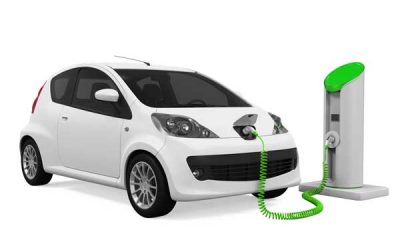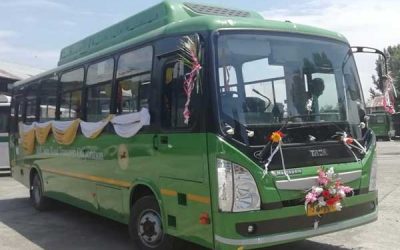Digital payments firm, Paytm, has tossed a new android mini-app store or links to progressive web apps (PWAs), intending to support Indian startups and contest Google’s dominance in the play store. Paytm Mini App Store is an exciting development for the Indian digital ecosystem, where many of the startups and developers can leverage Paytm’s reach and payment arrangements.
Paytm’s new app store will enable local developers to test their mobile applications’ capabilities on an all-new local app platform, for free of cost.
For the last few months, many Indian app developers have been mulling the idea of an alternate Indian local app store. The aim is to give an alternate option to house India’s android based mobile applications and counterbalance the dependency on the Google Play store. The mini-apps platform provides an engrossing one-click experience for users without downloading the apps. This new ecosystem will also help millions of Indian smartphone users who use budget-friendly low-storage phones.
Paytm Mini App store launch resonates with the “Atmanirbhar Bharat” mission, a popular PR tactic for many companies since the ban of several China-based apps. According to Paytm, over 300 apps, such as ride-hailing major Ola, online pharmacy store Netmeds, fast-food giant Domino’s, online food startup Fresh Menu, No Broker, etc have joined the Paytm app store.
What influenced the development of the Indian App Store?
It seems like the Paytm Mini app store’s idea has been triggered because of the two factors. Both Paytm and Google entered into conflict last month when Paytm owned ‘First Games’ app was removed from Google’s Play Store.
Google had alleged that Paytm’s app violated play store gambling policies by introducing a real cash-based fantasy cricket tournament. Paytm, on the other hand, confronted that Google’s move was a deliberate attempt to confine Paytm’s growing dominance in the Indian market and control the growth of a potential rival.
Though Google reinstated the Paytm’s app within hours, the incident triggered an acrimonious war of words between the tech giants.
The second factor that compelled many developers and companies to support the idea of a new Indian app store was Google’s fresh mandate. According to Google, all app developers on the Play Store would need to use its in-app payment system from the near future, i.e., the US company’s billing system, where app developers will have to shell out a 30 percent fee from their payments.
Google’s 30% fee for in-app purchase decision has been slammed by many developers and startups in India who voiced their displeasure of this move. After the pushback, Google analyzed the situation in time and decided to delay the 30 percent Play Store cut in India.
An ambitious gamble
Google Play is the world’s leading android app store and houses over 3 million apps. Besides, many other players such as Amazon AppStore, GetJar, Aptoide, and Opera Mobile store have been battling to up their popularity charts with limited uptake.
It would be interesting to see if Paytm’s new app store could become a game-changer or turns out to be an extempore in response to the recent events and its squabble with Google.
The app store marketplace is no laid-back business. Paytm would need much investment, technology upgrades, and innumerable alliances to develop an alternative app distribution ecosystem for Indian android users. Others will be watching this space closely and may throw some competitive elbows.
Paytm has recently been investing significantly in marketing its UPI, and claims to hold about 50 percent market share in the segment. The company also plans to foray into the US market and plans to compete with Amazon and Flipkart’s likes in the e-commerce space.














0 Comments